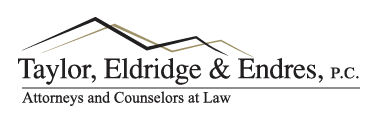The Board of Directors of the Long Island Chapter of Community Associations Institute (CAI) is excited to offer a new service to its members: mediation services to help resolve disputes in community associations.
This service is available to help resolve disputes between two homeowners within a community, a Board and a homeowner, or a Board and a vendor. This program will begin in November 2019.

